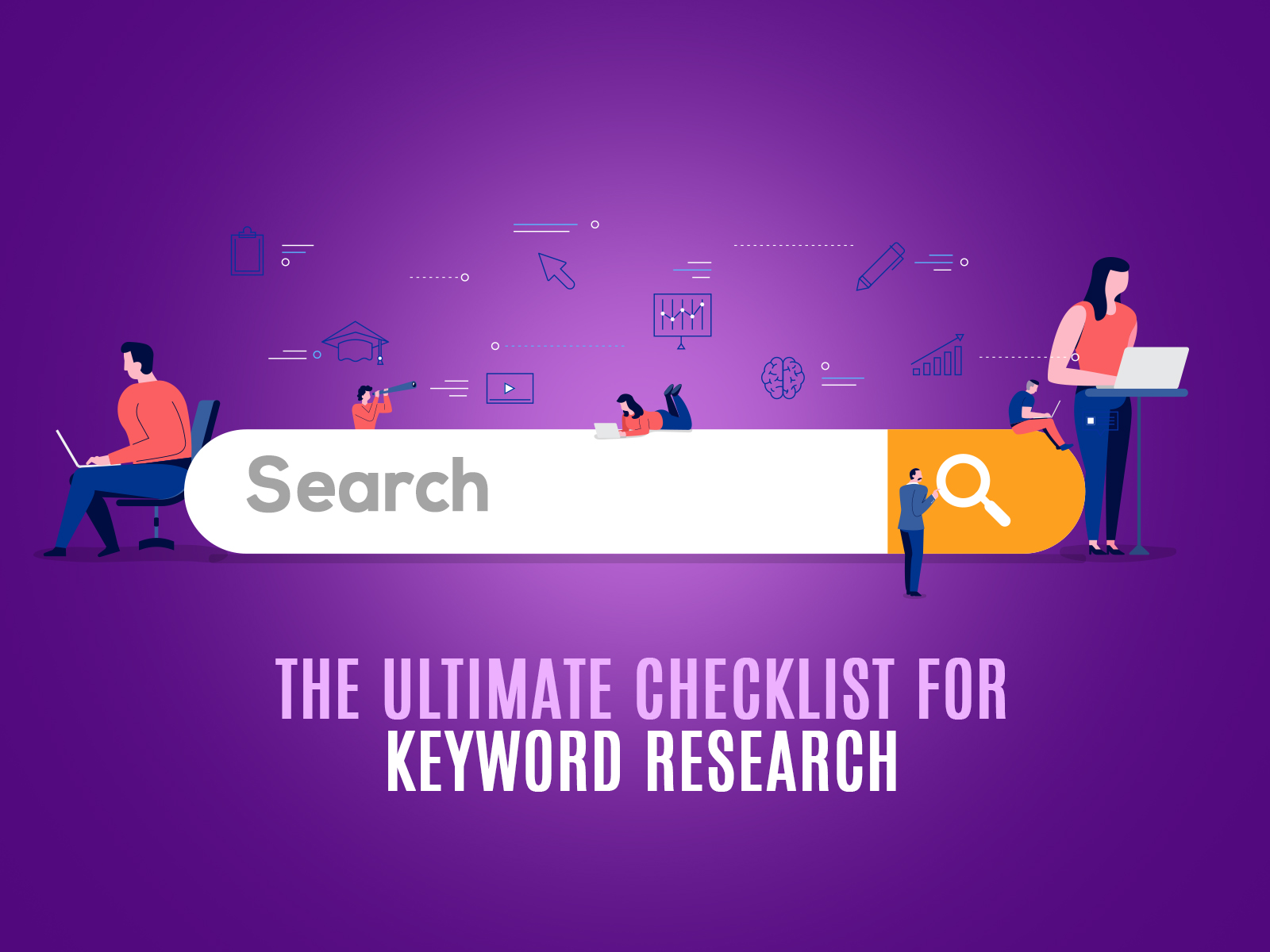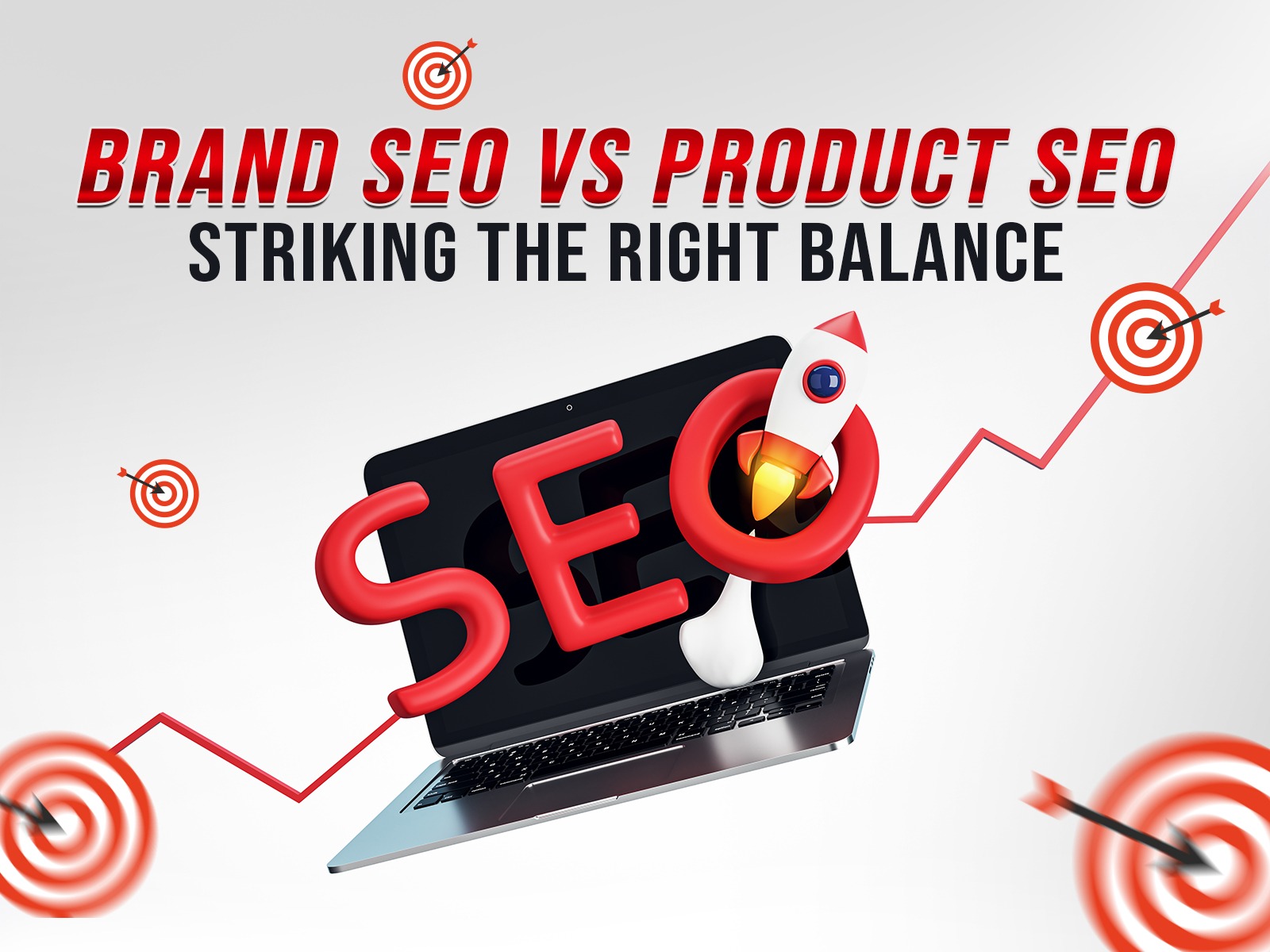
Effective Ways to Optimize and Secure Your WordPress Website
WordPress ranks as one of the most trusted and popular platforms for web development and content management. Users enjoy ease of use, stability, and adaptability. However, it's not just about getting visitors to your WordPress site. Maintaining a successful and popular site also means retaining these visitors. With user attention declining in recent years, retaining visitors to your website has become a challenging task, especially when your site is loading slowly.
As you develop and improve your WordPress site, your WP database is stored alongside the data. While this is far from a bad thing, it can put more burden on your database and slow it down. Not only is this undesirable for visitors, but it leads to slower sites in Google search results. Thus, the response time of your website takes a hit as well. This can be undesirable for both site owners and visitors alike as it reduces page views, and therefore your income. Of course, it is important that your WordPress installation is regularly optimized so that it can serve visitors faster. Here are 5 ways you can enhance your WordPress website by allowing it to perform better, making it more capable of detecting and improving your user experience.
How to optimize your WordPress Website?
Keep your WordPress site up to date
In addition to the advanced security measures offered with a new WordPress install, there are several good reasons why you should only use the latest WordPress installation. New versions of the software come with new and useful features such as an improved plugin installation experience and built-in photo editing. Using a fresh install also means it's much easier to get bug fixes and help online as most support forums are geared toward those using the updated software. Most importantly, a new WordPress installation usually comes with improved speed and performance improvements.
You might not know about it, but every WordPress website has background processes that keep the installation updated and running smoothly. They schedule background processes, help website owners publish scheduled posts, check for updates, and help search engines crawl your site. While some background processes have minimal impact on your site's performance, others such as backup plugins and excessive search engine crawling can degrade your site's performance. Optimizing these processes means adjusting the frequency and/or scheduling of backups for periods of low traffic. In terms of crawling, monitoring crawl tags in Google Search Console reports can help you spot errors that may hinder your website's performance.
Restrict home page and archive content to excerpts
Although it is beneficial for your readers to give them all the necessary content at a glance, this practice can also harm your website, page views, and bottom line. This is especially important to note because WordPress, by default, displays every article entirely on your homepage and archive. This practice causes the homepage, categories, and archive pages to load more slowly. In an era where extending your stay means fighting interest for a shorter period, this can be an important point to note. In addition, visitors spend less time on your website when they can see all the content without having to open the actual article. To deal with this, go to Settings >> Reading and choose View Summary instead of Full Text
Do you have a WordPress site with a large number of comments? Of course, this is great. Lots of comments mean that visitors not only learn about your content and find it engaging, but they also feel quite comfortable asking questions and engaging in discussions. The downside of all this interaction is that too many comments can quickly damage your website. Uploading too many comments with your post can affect the performance of your website. Luckily, WordPress has come up with a built-in solution that is found by going to Settings >> Discussions. There you can select the option that says "Comment break" in Pages. That way, the comments are limited to their own page and your website doesn't get too engrossed in the conversation.
Hiring a Content Delivery Network (CDN)
Hosting your WordPress installation also involves using a server located somewhere around the world. Since these servers can only be in one place at a time, different users may see different load times for your website. For example, US users accessing a server located in the US will find that your website opens without delay. Conversely, a user residing in Singapore may experience a delay when trying to open your website. To combat this, website owners can choose to use a content delivery network that helps speed up load times regardless of the user's location. CDNs store static files such as images, CSS, and JavaScript on servers distributed around the world. Since these files have such a wide distribution on different servers, users can easily access them.
Minimize HTTP requests from external sources
If you are a fan of WordPress plugins and themes, like many people are, this might be of particular interest to you. Many of your favorite plugins and themes can increase the load time of your website by making multiple HTTP requests that you may not be aware of. Many of these plugins and themes load a variety of different files such as scripts, CSS, and images from external sources such as Google, and Facebook as well as for analytics services, etc. This can hinder the speed of your website. You can reduce these requests by disabling scripts and CSS style sheets, or merging them into a single file.
Users not only want the ease and customization capabilities that WordPress can provide, but they also want a website that loads quickly and is able to capture the attention of visitors. With such competition for attention, maintaining the optimum WordPress website is a priority. Not only will your visitors find it enjoyable, but it will ultimately help improve your bottom line.
Effective Ways to Secure Your WordPress Site
If you want to build a secure site, choosing WordPress as your platform is a great way to start. Not only is it a flexible, powerful platform for building websites – it's also remarkably secure out of the box.
This is because the WordPress developers are dedicated to taking care of security and "hardening" the core platform as much as possible. Plus, they often release security-focused updates and patches, which will be automatically downloaded and installed on your site. This means that your site will be well equipped to deal with any new threats that may come along.
Of course, no platform can be 100% secure. Hackers are working hard trying to find their way into the most well-protected sites (if they would only use their powers for good, emirate?) A constant goal.
It should go without saying, but if villains do manage to break into your site, they can do a lot of damage.
For example, they may steal or otherwise compromise sensitive information, install malware, alter your site to suit their needs, or even bring it down entirely. can. This is harmful to both you and your users, and if you are running a business, it can mean losing customers and revenue.
It is extremely important to take extra steps to secure your WordPress website. You'll want to put as much time and effort into this effort as you spent designing your site in the first place (if not more). Luckily for you, dear reader, there are plenty of simple, quick ways to improve the security of your site, as well as a few more complex techniques you may want to employ.
Use a Quality Host
You can think of your web host as your website alley on the Internet—the place where your site "lives".
Just as a good school district matters to your child's future (so they say; I turned out to be the end), your quality, the website's home base, matter in many ways.
A solid hosting provider can affect the performance of your site, how reliable it is, how big it can be, and even how high it ranks in search engines. The best hosts offer many useful features, excellent support, and service tailored to your chosen platform.
Switch Your Site to HTTPS
Let's talk more about an SSL/TLS certificate. This enables you to switch your site to Hypertext Transfer Protocol Secure (HTTPS) - the more secure version of HTTP. These are important security concepts to grasp, but easy to grasp even if you've never heard of them before.
HTTP is the protocol that transfers data between your website and any browser trying to access it. When a visitor clicks on your home page, all of your content, media, and website code are sent through this protocol to the visitor's location.
While this is necessary, of course, it does introduce some potential security issues. Baddies may try to intercept the data during transit and use it for their nefarious purposes.
Create Secure Login Credentials
It's really important to choose your login credentials carefully. Like really, really important!
Why? This makes it difficult for a stranger to break into your site. You probably have a lot of experience choosing strong usernames and passwords for other accounts across the web - doing this for your WordPress website is a big deal.
When you create your site, you will be given the opportunity to create a login username and password. The default username will be administered, although you can (and probably should) change it if you want. But since there are many ways for people to find out what your WordPress username is, you can stick with the default option if you prefer.
related post















